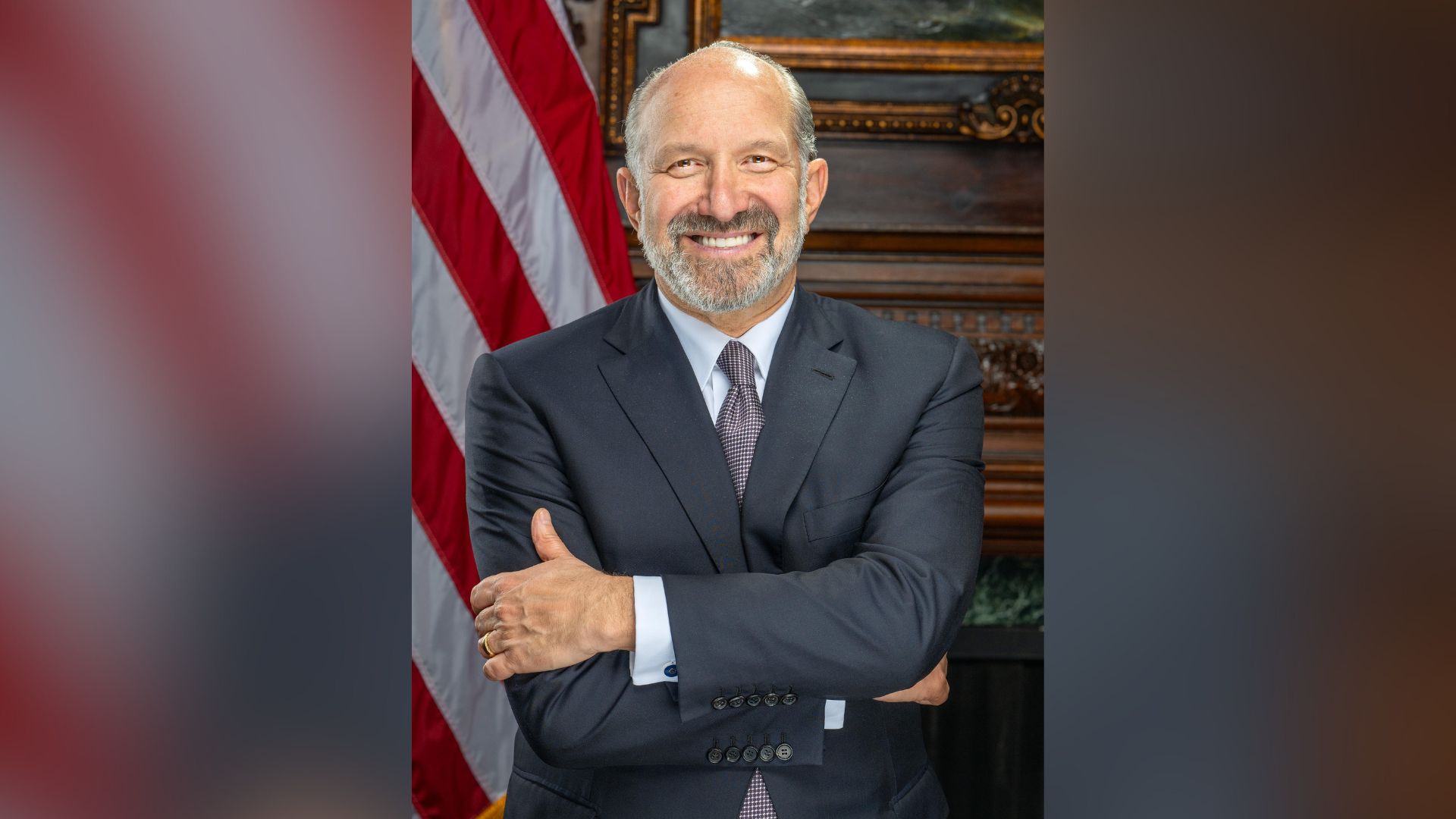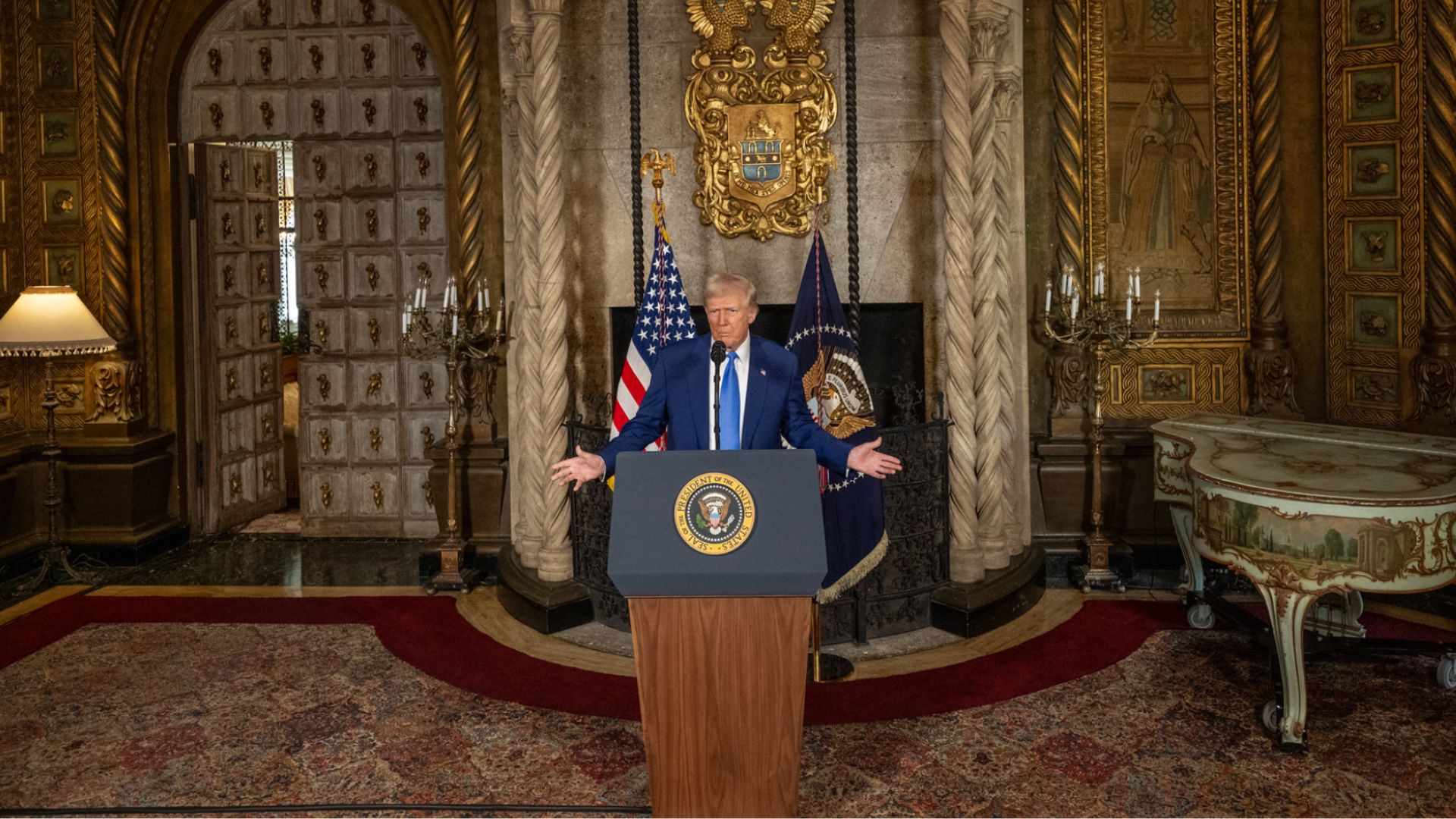[VT Washington, D.C.] February 21, 2025 — President Donald Trump has officially appointed Howard William Lutnick as the 41st United States Secretary of Commerce. Lutnick, the longtime chairman and CEO of financial services firm Cantor Fitzgerald, previously served as a co-chair of Trump’s transition team. As Commerce Secretary, Lutnick will oversee U.S. tariff and trade policy and manage agencies including the Office of the U.S. Trade Representative.
Lutnick was confirmed by the U.S. Senate on February 18, 2025, in a 51-45 vote. He now leads a department of 47,000 employees, responsible for export controls, anti-dumping and countervailing duties, weather forecasting, fisheries management, economic data reporting, and promoting domestic investment. His portfolio also includes oversight of the $5.27 billion semiconductor manufacturing and research subsidy program and approximately $4.2 billion in broadband expansion initiatives.
During his Senate confirmation hearing, Lutnick pledged to divest his business interests — spanning over 800 companies and private organizations — within 90 days to avoid conflicts of interest. “I’ve made enough money,” Lutnick declared during the hearing. “Now it’s time for me to focus entirely on public service.”
Lutnick’s appointment signals a further strengthening of the Trump administration’s trade policy agenda. A vocal supporter of Trump’s broad tariffs, he has championed their role in protecting American workers and boosting domestic industries. “Tariffs are a great tool the President can use to protect U.S. workers,” Lutnick said in a recent interview.
Additionally, Lutnick has announced plans to overhaul the Commerce Department’s Broadband Equity, Access, and Deployment (BEAD) program. His aim is to cut outdated regulations and accelerate infrastructure buildouts, expanding internet access across underserved areas.
His confirmation marks a pivotal moment for the Trump administration’s economic strategy. How Lutnick will execute these policies on the global stage — and their long-term impact on the U.S. economy — remains to be seen.




